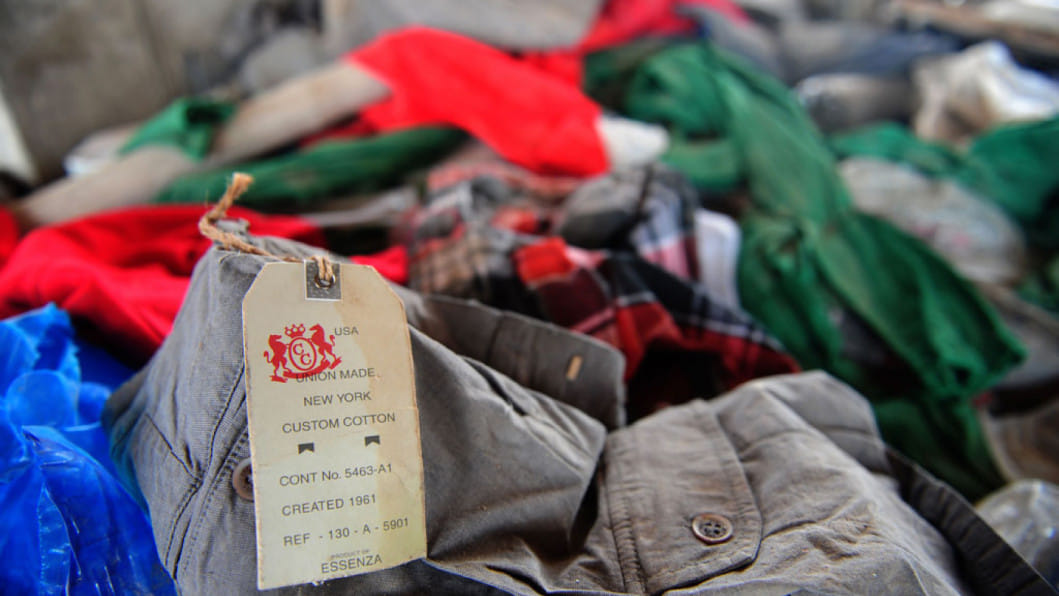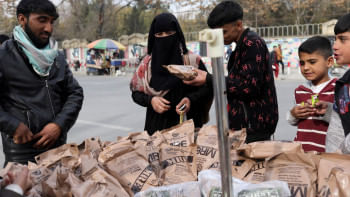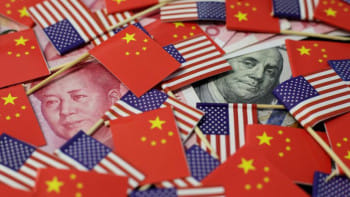Volatile energy could become the norm for garment makers

As a garment maker, while the pandemic was tough going, there always seemed to be light at the end of the tunnel. Initially we saw global lockdowns which impacted our major markets in the US and European Union. But then came the vaccines and as they were being rolled out, business slowly started returning to normal and we even had a backlog of orders at one point.
The worry, at present, is that it is hard to see an end in sight as far as the energy crisis is concerned, which continues to hamper productivity in our garment industry. This crisis is causing sleepless nights for all of us with a vested interest in the success of our most important industry.
Recent estimates suggest various global issues which have led to gas shortages have hit garment production levels by up to half.
Lack of adequate gas pressure combined with soaring fuel costs means that many factories are now running at significantly lower capacity. Some factories have closed and others may follow if the situation does not ease soon. Some factories are only running during the evening when gas pressure is consistent.
These issues all have knock-on effects, impacting the ability of factory owners to pay bank loans, salaries, rents, and so on.
As well as energy challenges, factory owners are also suffering from a lack of orders. Orders have been falling since spring and, many claim, ever since the start of the Russia-Ukraine war. The question is, why are we facing such a situation and when will it all end?
I spoke to many friends in Europe and the US to try and find some answers to these questions. Here is what I discovered.
Firstly, let's go back to early spring and the beginning of the Russia-Ukraine war, which has had such a profound knock-on effect around the globe.
I do not want to get too much into the politics of the war so I will keep things simple. Nato is a defensive alliance of 30 countries from Europe and North America. While not a Nato member, Ukraine is a Nato partner.
Accordingly, Nato has consistently condemned in the strongest terms Russia's war of aggression against Ukraine and has been providing Ukraine with unprecedented levels of support, helping to uphold its right to self-defence. This has included weapons and arms.
In retaliation to this, Russia – a major exporter of oil, coal and gas – has weaponised these vital energy supplies. Many Nato members have had their oil and gas supplies cut off by Russia, meaning that Europeans have seen their energy prices skyrocket beyond anything they could have imagined. This, in turn, is impacting spending power in a key market of Bangladesh. With huge gas and electric bills to pay, customers are reducing discretionary spending in things such as fast fashion.
Many American and security leaders have been telling Europe for years that they need to diversify their energy supplies and not be so dependent on Russian oil and gas. Sadly, they have not moved quickly enough and left themselves highly exposed to the energy supply squeeze being implemented by Russia.
Because supply is being squeezed, this is placing upward pressure on energy globally. This is because Russia is such an important player in the global energy market. Basic economics say if you restrict supply, prices will rise, and that is what we are continuing to see. It could be a long winter.

There is more. Many countries in the European Union have been attempting to transition away from oil and gas towards renewable energy resources. All of this has helped create the perfect storm whereby Russia has intermittently stopped the flow of natural gas to Europe, using its dominant market position to inflict pain and uncertainty on Europe. The European Union is dependent on Russia for 46 percent of its coal imports and nearly 30 percent of its oil imports according to latest estimates.
Where will this end and what can garment makers expect in the coming months? Business associates tell me the war between Russia and Ukraine is dragging on for longer than expected. There is no sign of a ceasefire and, like so many of these wars, this has become a long, protracted battle.
The implications of all these are profound. As long as this war is raging, and as long as Nato is not willing to cede to Russia's demands (Russia wants an agreement that Ukraine will not join Nato), then energy markets globally will continue to be impacted. The effects of this will be felt even more severely as winter kicks in.
Like it or not, Bangladesh now operates in a globalised world. It is hard to see the energy challenges being experienced by our garment makers easing any time soon.
As garment makers, we need to prepare ourselves for the idea that these challenges will be here for many more months to come. The pandemic was tough but this is a different animal altogether.
Mostafiz Uddin is the Managing Director of Denim Expert Limited. He is also the Founder and CEO of Bangladesh Denim Expo and Bangladesh Apparel Exchange (BAE).

 For all latest news, follow The Daily Star's Google News channel.
For all latest news, follow The Daily Star's Google News channel. 






Comments